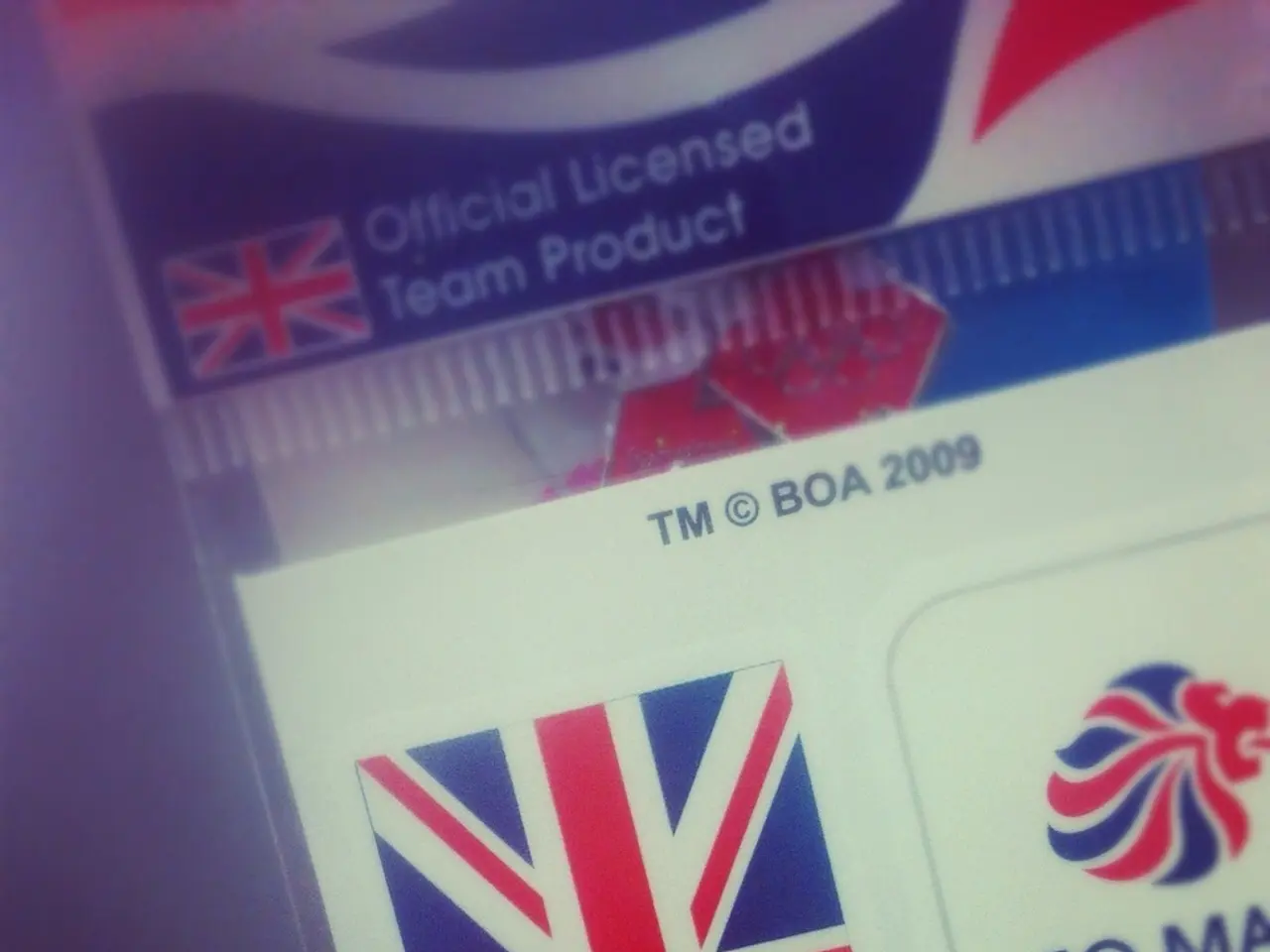Court acknowledges NFTs as protected properties, overturns decision against Ryder Ripps' case
The crypto ecosystem is witnessing one of the most relevant trials about the future legal and artistic implications of Non-Fungible Tokens (NFTs). The ongoing dispute between Yuga Labs and artist Ryder Ripps, centred around the use of the Bored Ape Yacht Club (BAYC) NFTs in the project "Ryder Ripps Bored Ape Yacht Club," is set to establish significant precedents.
In a recent decision, the U.S. Ninth Circuit Court overturned the ruling against Ryder Ripps, marking a crucial moment in the case. This decision not only supports the notion that NFTs can be protectable property from a commercial standpoint but also recognizes the need for careful analysis of uses of protected content for artistic, satirical, or critical purposes before dismissing them for commercial infringement.
The court's decision establishes a framework of protection for digital collections like BAYC. It emphasised that trademark infringement in the digital environment cannot be assumed without clear evidence of confusion or malicious intent. The category of "protected good" does not automatically imply infringement in cases where artistic work relates to parody, criticism, or expressive appropriation.
The upcoming trial against Ryder Ripps will establish whether his project RR/BAYC constitutes protected parody or harmful consumer deception. Yuga Labs, the original creator of BAYC, has accused Ryder Ripps of imitating their collection, a claim that Ryder Ripps defends as "appropriation art."
NFTs, with their unique identity, defined ownership, and concrete economic value, are now considered "protected goods" under current U.S. legislation. The balance between NFTs as protectable property and freedom of expression will be key in the upcoming trial.
The court made clear that the balance between protection and freedom of expression is crucial. It emphasised that the case will debate questions about the role of digital art in times of tokenized property, such as how to distinguish legitimate criticism from commercial copying and how far trademark rights can extend without infringing upon expressive freedoms.
Greg Solano, co-founder of Yuga Labs, expressed confidence that his company will win in the next stage of the trial. Ryder Ripps, on the other hand, sees the ruling as an endorsement of the constitutional limits of summary judgment.
The recent decision by the U.S. Ninth Circuit Court creates a more nuanced legal framework for the treatment of digital assets. The case has been ordered to be reopened and retried in a district court, promising a fascinating exploration of the intersection of art, law, and technology.
Read also:
- Understanding Hemorrhagic Gastroenteritis: Key Facts
- Trump's Policies: Tariffs, AI, Surveillance, and Possible Martial Law
- Expanded Community Health Involvement by CK Birla Hospitals, Jaipur, Maintained Through Consistent Outreach Programs Across Rajasthan
- Abdominal Fat Accumulation: Causes and Strategies for Reduction






